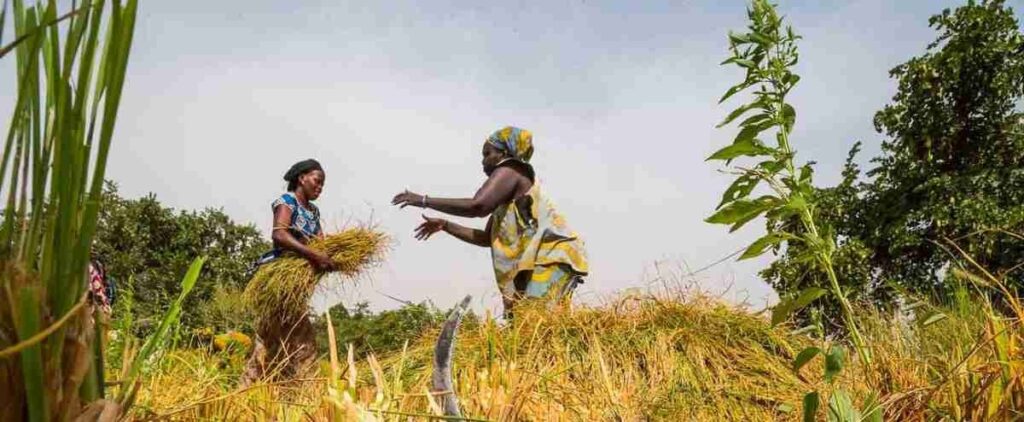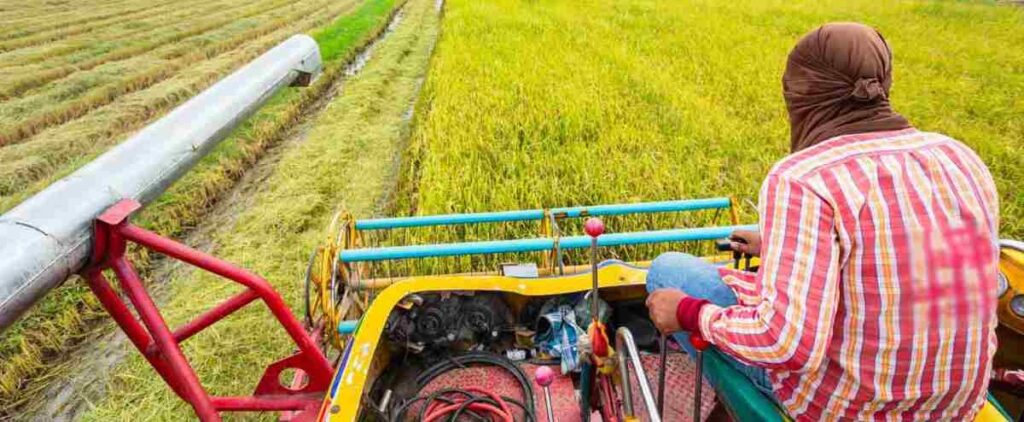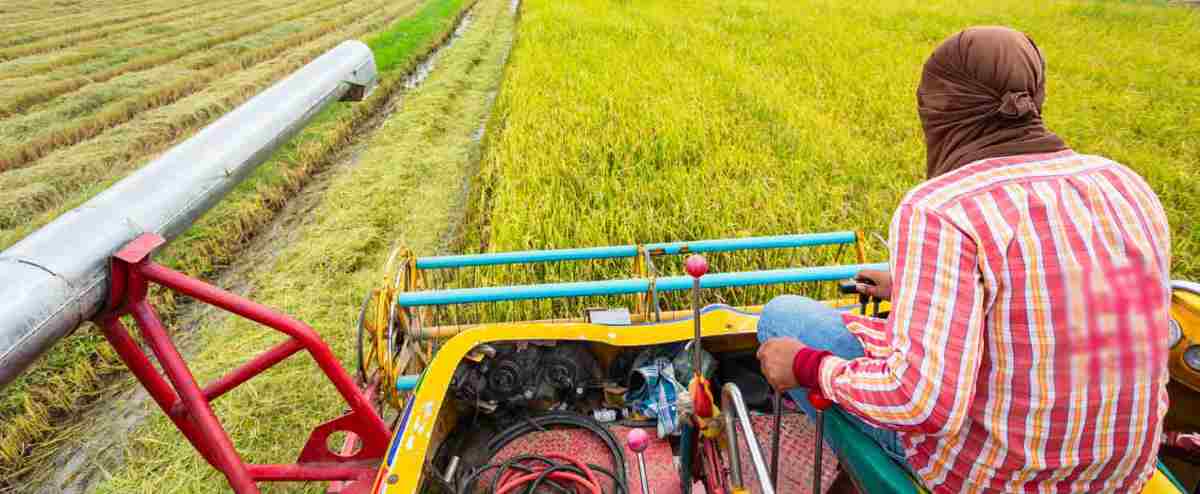At a Glance
- GAFSP approved $14 million to AfDB under its new private-sector financing window.
- The initiative aims to unlock $200 million in private capital for African agribusinesses.
- Program to support 1.5 million smallholder farmers and strengthen regional food systems.
The Global Agriculture and Food Security Program (GAFSP) has approved a $14 million allocation to the African Development Bank (AfDB) to strengthen food security and boost private investment across Africa’s agricultural sector.
The funding, announced this week, marks the first allocation under GAFSP’s new private-sector financing window and aims to make agricultural lending more attractive and sustainable in low-income countries.
With food systems under pressure from climate change, conflict, and supply chain disruptions, the initiative seeks to unlock as much as $200 million in private capital by reducing the risks tied to agribusiness investment.
The facility will help local banks and financial institutions extend more credit to smallholder farmers and agro-input suppliers — two groups essential to Africa’s food production network.
Access to credit has long been one of the toughest challenges for small-scale farmers across sub-Saharan Africa.
Many lenders see agriculture as too risky, leaving farmers unable to invest in better seeds, fertilizers, and modern tools.
By blending GAFSP’s concessional funds with AfDB’s financial instruments, the program aims to bridge this financing gap and help rural producers build resilience against climate shocks.
“This first allocation demonstrates the appetite for funders to work together in this new model to solve an age-old challenge of finance for smallholder farmers — risk,” said Natasha Hayward, program manager for the Global Agriculture and Food Security Program.
“Every dollar of GAFSP funding will help unlock many more from private investors, multiplying the impact on food security and resilience.”

Agro-inputs risk sharing facility to support five nations
The $14 million allocation will establish the Agro-Inputs Risk Sharing Facility, a $200 million fund managed by the AfDB.
Of this amount, $10 million will be used for de-risking capital, while $4 million will go toward grant-based technical assistance.
The facility is designed to encourage private-sector lending to small and medium agricultural enterprises in Ethiopia, Uganda, Tanzania, Malawi, and Zambia.
Implemented by the African Trade & Investment Development Insurance, the initiative will provide guarantees to local banks, encouraging them to finance agro-dealers, cooperatives, and other underserved agribusinesses.
The program is expected to reach about 1.5 million smallholder farmers and 500 agro-dealers, improving access to key agricultural inputs and strengthening regional food supply chains.

Strengthening climate-resilient food systems
Beyond financing, the initiative will support farmers in adapting to droughts, rising temperatures, and erratic rainfall.
By improving access to quality inputs such as organic fertilizers, soil enhancers, and mechanization tools, the program aims to boost both productivity and sustainability.
“By targeting agro-input dealers and smallholder farmers, this facility intends to strengthen the entire value chain, from input supply to market access,” said Philip Boahen, AfDB’s GAFSP coordinator.
“With this initiative, we are planting the seeds of a more food-secure Africa.”

The debut allocation aligns with Africa’s broader commitments under the Comprehensive Africa Agriculture Development Programme and the Kampala Declaration on Food Systems Transformation, signaling a renewed effort to scale climate-smart, sustainable agriculture across the continent.















